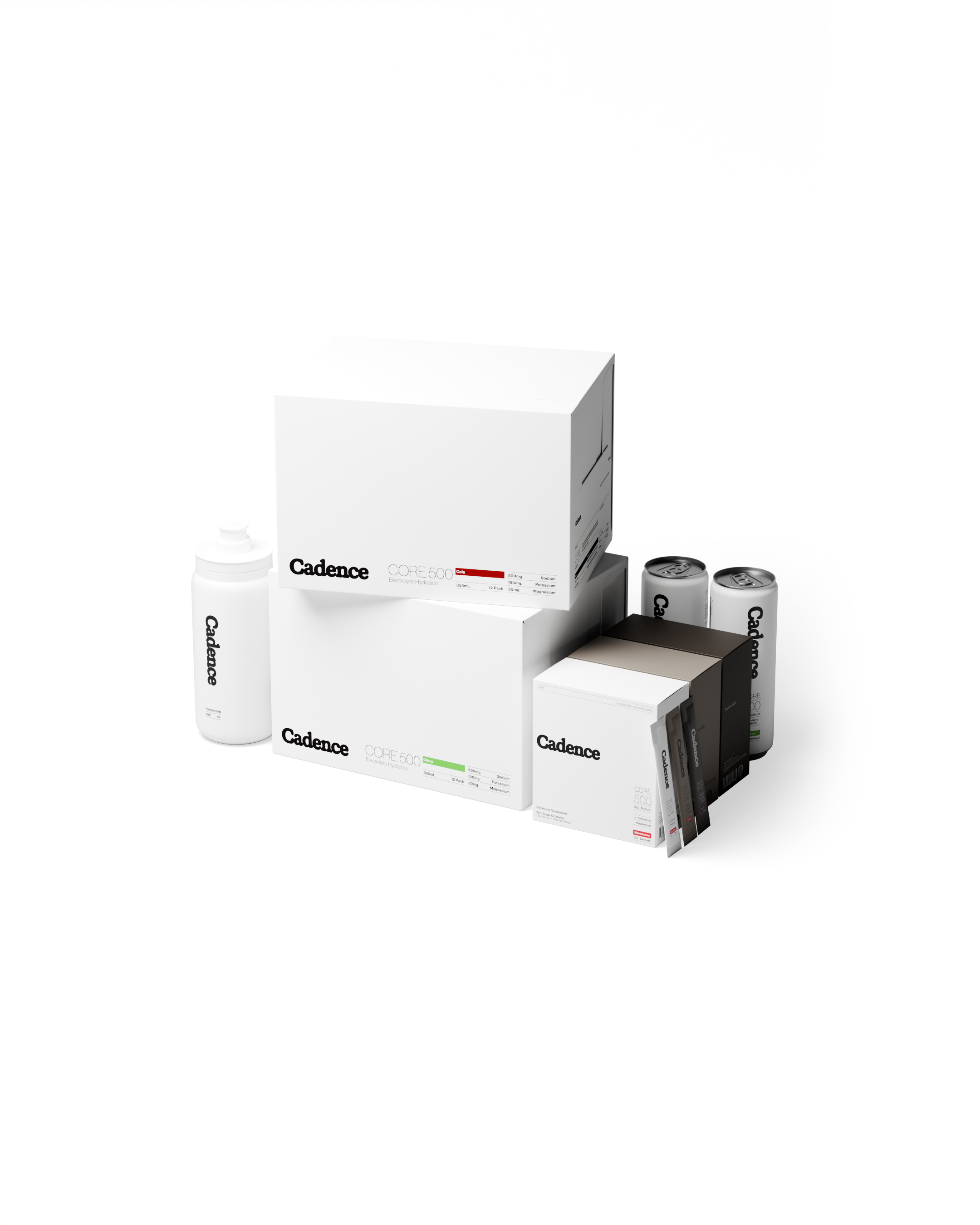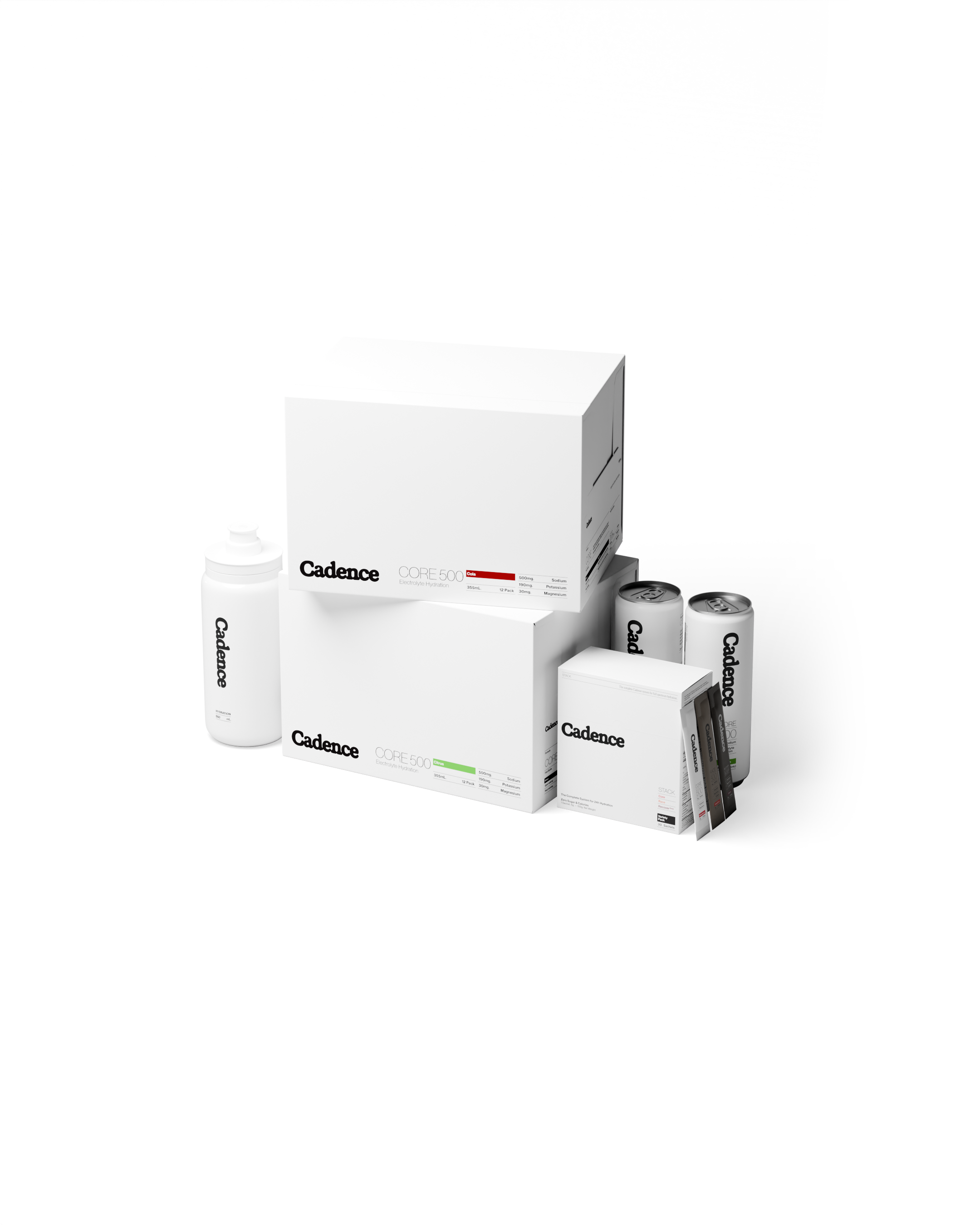Introduction
Ashwagandha, also known as Withania Somnifera, is an adaptogenic herb used historically in Ayurvedic medicine for over 3,000 years to improve physical and mental health. Originating in India, ashwagandha has become known for its potential to alleviate stress, improve sleep quality, and aid in recovery.
Recent peer reviewed studies may confirm its efficacy for these purposes. A study by Langade et al. (2019) found that ashwagandha extract significantly improved sleep parameters in patients with insomnia. Another study by Chandrasekhar et al. (2012) highlighted its effectiveness in reducing stress and anxiety levels, showing a 44% reduction in perceived stress scores among participants. Furthermore, research published by Wankhede et al., (2015) demonstrated that ashwagandha supplementation enhanced muscle strength and recovery, with subjects experiencing a significant increase in muscle mass and a decrease in exercise-induced muscle damage. These findings show that ashwagandha may be a good supplement option for those wanting to improve their sleep, mood, and physical recovery.
This article will begin by breaking down the importance of sleep, sleep duration and sleep quality for humans, following which it’ll begin the discussion on ashwagandha. It’ll then present what cortisol is, the very hormone on which ashwagandha acts to afford its benefits. It’ll then look at ashwagandha’s specific effects on sleep and describe how much and when to take it in order to attain the benefits.
The Importance of Sleep, Sleep Duration and Sleep Quality
Sleep is essential for overall health and wellbeing, playing a key role in cognition, physical performance, and recovery. Quality sleep of sufficient duration supports cognitive functions such as memory, decision making, and emotional regulation. Walker (2007) notes that inadequate sleep is linked to increased risk of mental health issues like depression and anxiety. Additionally, high quality sleep optimises physical performance and muscle recovery, with research by Skein et al. (2011) showing that sleep deprivation reduces muscle glycogen storage by 24.5%.
Furthermore, Mah et al. (2011) demonstrated that extended sleep duration improved athletic performance, reducing sprint times and enhancing reaction times. These findings highlight the vital role of sleep in maintaining mental health, optimising performance, and facilitating recovery. For an extensive review of the current research as it relates to health, mental and physical performance, recovery and injury risk please visit our article on the effects of sleep and stress on health and performance.
What is Ashwagandha?
Current research indicates that ashwagandha may improve sleep through various mechanisms, including cortisol regulation and anti-inflammatory effects. Cortisol, a stress hormone, can disrupt sleep when levels are elevated.
A study found that ashwagandha supplementation significantly reduced cortisol levels by 27.9%, which can promote a more restful sleep (Chandrasekhar et al., 2012). Additionally, ashwagandha exhibits potent anti-inflammatory properties.
Auddy et al.’s (2008) study demonstrated that ashwagandha extract decreased markers of inflammation, such as C-reactive protein (CRP), by 36%. The findings suggest that ashwagandha's ability to modulate cortisol and reduce inflammation may contribute to improved sleep quality.
What is Cortisol?
Cortisol, often referred to as the "stress hormone," is produced by the adrenal glands and plays a crucial role in regulating metabolism, immune response, and the body's stress response. It follows a natural diurnal rhythm, peaking in the early morning to help wake the body and gradually declining throughout the day, reaching its lowest levels at night to help facilitate sleep sleep.
This rhythm is essential for maintaining healthy sleep wake cycles. Disruptions in cortisol levels may lead to sleep disorders and impaired cognitive function. Kobayashi et al. (2017) found that cortisol levels typically decrease by approximately 68% from morning to evening in healthy individuals, supporting this natural rhythm. However, chronic stress can elevate evening cortisol levels by up to 50%, leading to difficulties in falling asleep and poor sleep quality (Rohleder et al., 2012). Therefore, it is well understood that the management of cortisol through stress reduction can significantly improve sleep quality and overall health.
Ashwagandha’s Effects on Sleep
Cheah et al. (2021) conducted a comprehensive review of five studies assessing the effects of ashwagandha on sleep, revealing significant improvements across various parameters. The meta-analysis showed a notable enhancement in overall sleep quality, with specific improvements in sleep quality scale, sleep onset latency, total sleep time, wake time after sleep onset, and sleep efficiency.
These benefits were particularly pronounced in individuals diagnosed with insomnia. Additionally, ashwagandha improved mental alertness upon waking and significantly reduced anxiety levels, further supporting its beneficial effects on overall sleep health.
Akhgarjand et al. (2022) analysed 12 studies, finding that ashwagandha significantly reduced anxiety compared to placebo. This reduction was observed in healthy adults (SMD = -0.82) and individuals aged 40 years or older. Porta et al. (2023) reviewed nine studies, showing that ashwagandha supplementation over 30-112 days led to a reduction in cortisol levels ranging from 11% to 32.6%.
How Ashwagandha Helps Induce Sleep Faster
Ashwagandha supplementation has been shown to significantly improve various aspects of sleep. Research does indicate that it reduces sleep onset latency, helping individuals fall asleep faster by an average of 15.7 minutes. Additionally, sleep efficiency, which measures the percentage of time spent asleep whilst in bed, improves by 6.8% with ashwagandha use.
The number of awakenings during the night also decreases, with studies showing a reduction of about 38% in wake time after sleep onset. Furthermore, ashwagandha improves the highly important restorative quality of sleep, with improvements in the sleep quality scale indicating better overall sleep experiences (Cheah et al., 2021).
How to take Ashwagandha
Emerging research suggests that lower doses of ashwagandha, such as 100 mg per day, can yield significant sleep benefits. A study by Chandrasekhar et al. (2012) demonstrated that a daily dose of 100 mg of ashwagandha root extract significantly improved sleep quality and reduced stress levels, as measured by the Pittsburgh Sleep Quality Index (PSQI) and serum cortisol levels. Participants reported better sleep onset and fewer awakenings during the night. These findings indicate that even at lower doses, ashwagandha can effectively enhance sleep parameters and contribute to overall sleep health, making it a good option for individuals seeking a more conservative supplementation approach.
However, when reviewing the body of evidence in its totality it would appear that the optimal dosage of ashwagandha for improving sleep quality ranges from 300 to 600 mg per day, with higher doses showing more pronounced effects. Cheah et al. (2021) found that doses greater than 600 mg/day significantly improved sleep quality and reduced sleep onset latency. Timing is also crucial; taking ashwagandha in the evening or at bedtime appears to be most effective. This timing aligns with the natural decline in cortisol levels, helping to promote relaxation and ease the transition into sleep (Cheah et al., 2021; Akhgarjand et al., 2022). Furthermore, sustained supplementation for periods longer than 8 weeks is associated with greater improvements in sleep parameters, as indicated by Akhgarjand et al. (2022).
Conclusion
Ashwagandha has been demonstrated by research to have significant benefits in improving sleep quality, reducing stress, and supporting physical recovery. Whilst optimal dosages range from 300 to 600mg taken in the evening, it has been shown that dosages as little as 100mg may be enough to leverage ashwagandha’s cortisol lowering and anti inflammatory properties and improve sleep.
Whilst you're here, be sure to take a look at our Sleep Hydration Sachets, which contain 100mg of Ashwagandha per serving, as well as other sleep aid ingredients such as L-Tryptophan, L-Glycine, Magnesium, Zinc, Valerian Root Extract, Vitamin B6 and L-Theanine. If you would like to sample our full range of electrolyte sachets, be sure to explore our variety pack of hydration sticks.
Frequently Asked Questions (FAQs)
What is Ashwagandha and what are its main benefits?
Ashwagandha, also known as Withania Somnifera, is an adaptogenic herb traditionally used in Ayurvedic medicine to improve mental and physical health. Its key benefits include alleviating stress, improving sleep quality, and aiding muscle recovery.
How does Ashwagandha help with sleep?
Ashwagandha can improve sleep by helping to reduce cortisol levels. It also may have anti-inflammatory properties. Studies have shown that it helps reduce sleep onset latency, meaning it can help people fall asleep faster as well as improve overall sleep quality.
What is the recommended dosage of Ashwagandha for sleep improvement?
The optimal dosage of Ashwagandha for sleep improvement typically ranges from 300 to 600 mg per day, but doses as little as 100mg have been shown to have a positive effect. It is most effective when taken in the evening or at bedtime to align with the natural decline in cortisol levels.
Can Ashwagandha help with stress and anxiety?
Yes, Ashwagandha has been shown to significantly reduce stress and anxiety. Research indicates a 44% reduction in stress scores among one study’s participants.
References
Langade, D., Kanchi, S., Salve, J., Debnath, K., & Ambegaokar, D. (2019). Efficacy and Safety of Ashwagandha (Withania somnifera) Root Extract in Insomnia and Anxiety: A Double-blind, Randomized, Placebo-controlled Study. Cureus, 11(9), e5797. https://doi.org/10.7759/cureus.5797
Chandrasekhar, K., Kapoor, J., & Anishetty, S. (2012). A prospective, randomized double-blind, placebo-controlled study of safety and efficacy of a high-concentration full-spectrum extract of ashwagandha root in reducing stress and anxiety in adults. Indian journal of psychological medicine, 34(3), 255–262. https://doi.org/10.4103/0253-7176.106022
Wankhede, S., Langade, D., Joshi, K., Sinha, S. R., & Bhattacharyya, S. (2015). Examining the effect of Withania somnifera supplementation on muscle strength and recovery: a randomized controlled trial. Journal of the International Society of Sports Nutrition, 12, 43. https://doi.org/10.1186/s12970-015-0104-9
Walker, M. University of California - Berkeley. (2007, October 23). Sleep Loss Linked To Psychiatric Disorders. ScienceDaily. Retrieved May 25, 2024 from www.sciencedaily.com/releases/2007/10/071022124729.htm
Skein, M., Duffield, R., Edge, J., Short, M. J., & Mündel, T. (2011). Intermittent-sprint performance and muscle glycogen after 30 h of sleep deprivation. Medicine and science in sports and exercise, 43(7), 1301–1311. https://doi.org/10.1249/MSS.0b013e31820abc5a
Mah, C. D., Mah, K. E., Kezirian, E. J., & Dement, W. C. (2011). The effects of sleep extension on the athletic performance of collegiate basketball players. Sleep, 34(7), 943–950. https://doi.org/10.5665/SLEEP.1132
Auddy, B., Hazra, J., Mitra, A., Abedon, B.G., Ghosal, S., & Nagar, B. (2008). A Standardized Withania Somnifera Extract Significantly Reduces Stress-Related Parameters in Chronically Stressed Humans: A Double-Blind, Randomized, Placebo-Controlled Study.
Kobayashi, H., Song, C., Ikei, H., Park, B. J., Kagawa, T., & Miyazaki, Y. (2017). Diurnal Changes in Distribution Characteristics of Salivary Cortisol and Immunoglobulin A Concentrations. International journal of environmental research and public health, 14(9), 987. https://doi.org/10.3390/ijerph14090987
Rohleder, N., Aringer, M., & Boentert, M. (2012). Role of interleukin-6 in stress, sleep, and fatigue. Annals of the New York Academy of Sciences, 1261, 88–96. https://doi.org/10.1111/j.1749-6632.2012.06634.x
Cheah, K. L., Norhayati, M. N., Husniati Yaacob, L., & Abdul Rahman, R. (2021). Effect of Ashwagandha (Withania somnifera) extract on sleep: A systematic review and meta-analysis. PloS one, 16(9), e0257843. https://doi.org/10.1371/journal.pone.0257843
Akhgarjand, C., Asoudeh, F., Bagheri, A., Kalantar, Z., Vahabi, Z., Shab-Bidar, S., Rezvani, H., & Djafarian, K. (2022). Does Ashwagandha supplementation have a beneficial effect on the management of anxiety and stress? A systematic review and meta-analysis of randomized controlled trials. Phytotherapy research : PTR, 36(11), 4115–4124. https://doi.org/10.1002/ptr.7598
Della Porta, Matteo, Jeanette A. Maier, and Roberta Cazzola. (2023). "Effects of Withania somnifera on Cortisol Levels in Stressed Human Subjects: A Systematic Review" Nutrients 15, no. 24: 5015. https://doi.org/10.3390/nu15245015

